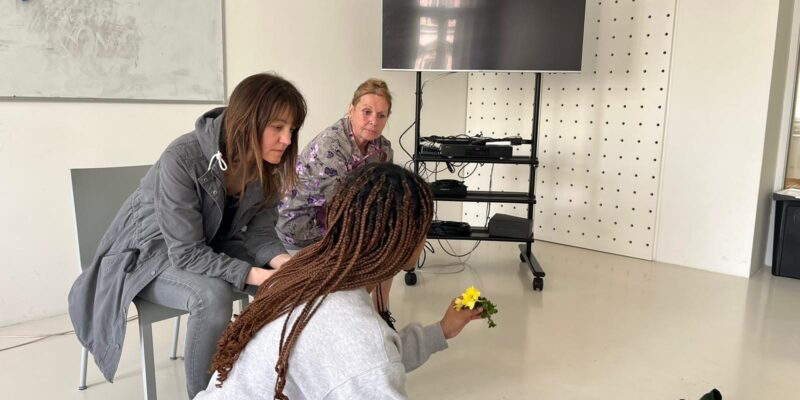
CET Prague Traveling Seminar to Krakow, Mikulov, Vienna, and Budapest
Photos taken by Ilan Barnea, (Washington University in St. Louis ), CET Prague, Spring 2025 Krakow Our first stop on the Traveling Seminar was Krakow. I had never

From Culture Shock to Camera Roll: My Life-Changing Semester at CET FAMU
Written by Cade Verrico, (Syracuse University), Student Correspondent for CET Film Production at FAMU, Spring 2025 First Impressions: Prague and the Power of the Unexpected I’m Cade

An Excursion to Lidice in Czech Republic
Written by Ilan Barnea, (Washington University in St. Louis ), CET Prague, Spring 2025 After a few weeks of our Central European Studies course class, the Political and

First Days in Prague: What A Welcoming City!
Written by Ilan Barnea, (Washington University in St. Louis ), CET Prague, Spring 2025 Scavenger Hunt Around Prague Arriving in Prague was a long, but well worth it,

CET Prague: Finding the Academic Fit Abroad
Written by Samuel Shafiro, (Emory University), CET Prague, Fall 2024 One thing I was curious about before coming to Prague was what the classes would be like

Can You Learn to Live in a Postcard City?
Written by Samuel Shafiro, (Emory University), CET Prague, Fall 2024 What gives a city its identity? Is it the iconic body of water, cathedral, castle, or bridge?

The Final Countdown: Finishing Up a Semester at FAMU
Written by Olivia Charis, (Yale University), Student Correspondent for CET Film Production at FAMU, Spring 2024 As the date of my flight back to the US slowly

Jewish History Traveling Seminar at CET Prague
Written by Lila Frost, (Cornell University), CET Prague, Spring 2024 CET Prague has included two Traveling Seminars. The first brought us to Krakow, Oświęcim (the city of

My Local Czech Roommate: Living with Diana
Written by Lila Frost, (Cornell University), CET Prague, Spring 2024 Diana was one of the first people I met when I arrived in Wenceslas Square, in the

Mid-Semester Madness in Prague: Final Pitches, What to do When Sick Abroad & Lighting Exercise
Written by Olivia Charis, (Yale University), Student Correspondent for CET Film Production at FAMU, Spring 2024 The weather has changed as rapidly as our schedules over the